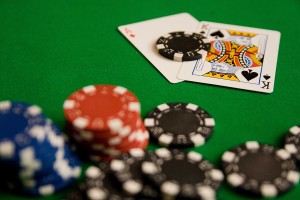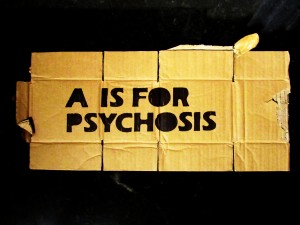Many of us already know how lack of sleep can be detrimental, whether it be from personal experience or simply because we have been taught that sleep deprivation is bad for our health. Unfortunately, due to school, work, or other reasons, some people simply cannot afford a good eight hours of sleep every night; but that does not necessarily mean that they cannot be healthy! The key to survive short nights of sleep lies in the power of ‘power naps’. A short nap, ranging anywhere from 25 minutes to an hour, can have extraordinary benefits in terms of health and memory, even if someone is sleep deprived.
As shown in a recent study conducted by a group of neuropsychologists at Saarland University in Germany, a power nap of 45 to 60 minutes can significantly improve learning and memory. Indeed, the researchers asked participants to remember single words and pairs of words (e.g., milk-taxi); half of these participants were then allowed to take a short nap after the learning phase, while the other half watched a DVD. Surprisingly, compared to the DVD group, the ‘nap’ group performed significantly better when recalling the word pairs. This can be explained by the fact that memories are consolidated, or strengthened, when we sleep (either over night or during daytime napping), and that stronger or efficient consolidation leads to better chance of recall later on.

Memory performance was assessed by recall of words or word pairs.
Source: Flickr Creative Commons Image by: Chris Blakeley
Adding to the benefits of enhancing learning and memory, Dr. Faraut from the Université Paris Descartes-Sorbonne in Paris, France, found that even just a 30-minute power nap is enough to counter the negative effects of a poor night of sleep. Indeed, in their recently published study, suggests that napping can help the immune system as well as the neuroendocrine system to recuperate from lack of sleep. The proper functioning of these systems are crucial for humans in order to protect us from diseases, regulate our digestive and respiratory systems, as well as to relieve stress.
Bearing the benefits of power naps in mind, students pulling ‘all-nighers’, along with other sleep-deprived individuals, should definitely consider spending some time napping here and there. This would allow their brains to consolidate newly formed memories as well as allowing their bodies to counter the damage done by lack of sleep.
This short video offers a quick summary of the benefits behind power naps, take a look!
This video was uploaded to Youtube by AsapSCIENCE
Sara Larivière





